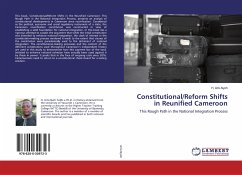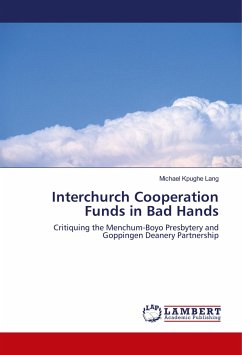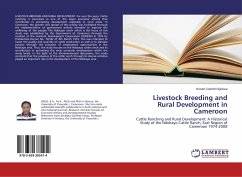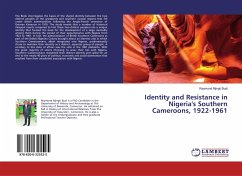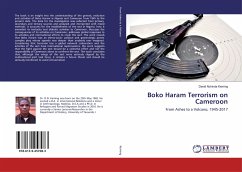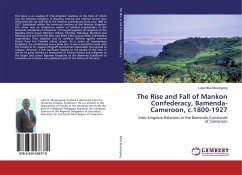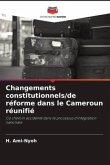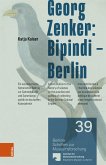This book, Constitutional/Reform Shifts in the Reunified Cameroon: This Rough Path in the National Integration Process, presents an analysis of constitutional developments in Cameroon since reunification. Considered as the political, economic and social regulatory instrument of a state, the Cameroon reunification constitution was constructed in view of establishing a solid foundation for national integration. In this book lies a rigorous attempt to sustain the argument that while the initial constitution was intended to enhance national integration, the clash of interest in the constitution-making process rendered it weak to the extent that clauses of the constitution were paradoxically used to the detriment of national integration. The constitutional-making processes and the content of the different constitutions used throughout Cameroon's independent history are used in this study to demonstrate how this supreme law of the land, initiated to enhance national cohesion have actually been used against it by those in power. It posits that in the face of ongoing crisis since 2016, Cameroonians need to return to a constitutional check board for a lasting solution.
Bitte wählen Sie Ihr Anliegen aus.
Rechnungen
Retourenschein anfordern
Bestellstatus
Storno

